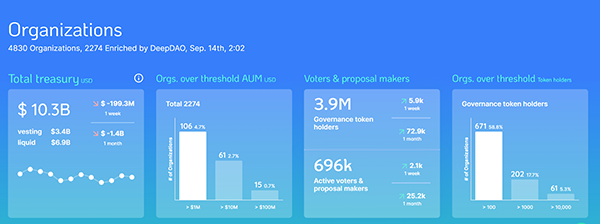Coming every Saturday, Hodler’s Digest will help you track every single important news story that happened this week. The best (and worst) quotes, adoption and regulation highlights, leading coins, predictions and much more — a week on Cointelegraph in one link.
Top Stories This Week
Kraken’s Jesse Powell will step down as CEO, stay on as board chair
After more than a decade heading up crypto exchange Kraken as CEO, Jesse Powell has decided to pass the torch to the company’s chief operating officer, Dave Ripley. Powell is not done with Kraken, however. He will become chair of the board for the organization. “It’s just gotten to be more draining on me, less fun,” Powell said, as quoted in by Bloomberg. Ripley joined Kraken as chief operating officer in 2016.
South Korean ministry recommends enactment of special Metaverse laws
In line with other advances South Korea has taken to embrace the digital world, the country wants to create new laws regarding the Metaverse, according to plans from the Ministry of Science and ICT. The ministry wants proper laws in place for the Metaverse, but thinks it’s unwise to form-fit current regulations to new technology. Previous news saw South Korea invest $200 million toward metaverse development in the country.
Read also
Crypto kids fight Facebook for the soul of the Metaverse





















